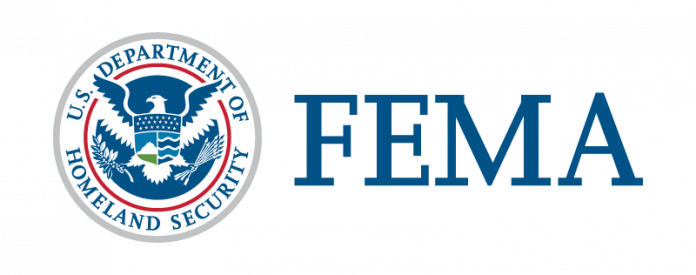Be aware of hazards
Outside the home
- Before entering your home, look outside for damaged power lines, gas lines, foundation cracks and other exterior damage. It may be too dangerous to enter the home until an inspector checks it out.
- Turn the main electrical power and water systems off until you or a professional can ensure that they are safe. NEVER turn the power on or off or use an electrical tool or appliance while standing in water.
- Smell for gas. If you smell natural gas or propane, or hear a hissing noise, leave immediately and contact the fire department.
- Check the ceiling and floor for signs of sagging. Water may be trapped in the ceiling or floors may be unsafe to walk on.
- Beware of rodents, snakes, insects and other animals that may be on your property or in your home.
Inside the home
Mold
- If your home was flooded or had high humidity due to the disaster, assume there is mold growth. Exposure to mold may increase health risks for survivors with asthma, allergies or other breathing conditions.
- Open doors and windows. Let the house air out before staying inside for any length of time if the house was closed for more than 48 hours.
- For instructions on how to clean mold-infested areas, see resources from the U.S. Centers for Disease Control and Prevention (CDC).
- Wear protective clothing, including rubber gloves and rubber boots.
When in doubt, throw it out
- Throw out items that absorb water and cannot be cleaned or disinfected (e.g., mattresses, carpeting, cosmetics, stuffed animals and baby toys).
- Remove all drywall and insulation that has been in contact with flood waters.
- Be careful when moving furnishings or debris since they may be waterlogged and heavier.
- Throw out all food, beverages and medicine exposed to flood waters and mud, including canned goods and containers with food or liquid that have been sealed shut.
Cleaning
- Clean hard surfaces (e.g., flooring, countertops and appliances) thoroughly with hot water and soap or a detergent.
- Some cleaning solutions can cause toxic fumes and other hazards if mixed. If you smell a strong odor or your eyes water from the fumes or mixed chemicals, open a window and get out of your home.
- Financial assistance up to $300 may be available to help prevent additional losses and protect the health and safety of your household if your home has damage but is livable.
Before making repairs or rebuilding, check with your local building department to see if a permit is required. For an in-depth look at safety precautions and clean-up methods, see the CDC website at Clean Up Safely After a Disaster.
For the latest information on Hurricane Ida visit fema.gov/disaster/4611. Follow us on Twitter at twitter.com/FEMARegion6 and like us on Facebook at facebook.com/FEMARegion6/.


